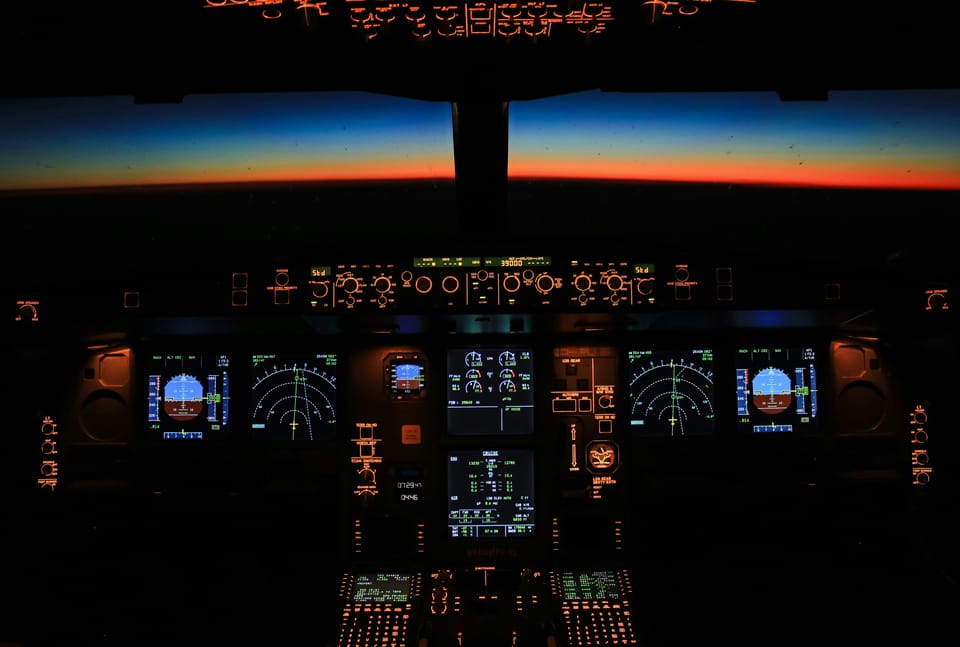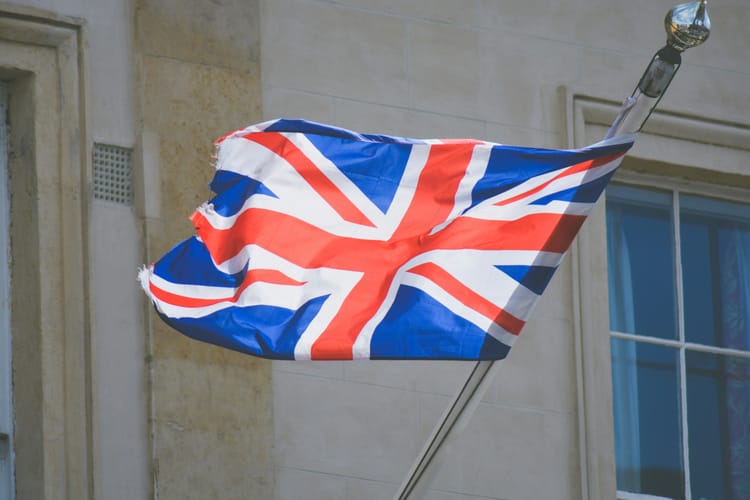SAF production to double in 2025 – but ‘policy shortcomings’ are hiking up prices
IATA estimates that Europe’s SAF mandates have made SAF five times more costly than conventional jet fuel.

Sustainable aviation fuel (SAF) production should reach 2 million tonnes in 2025 – double from last year – but EU and UK usage mandates are hiking up prices and putting pressure on the industry, IATA warns.
At 2 million tonnes, SAF would represent 0.7% of airlines total fuel consumption in 2025 – up from 0.3% last year but still insufficient to make a significant dent in the aviation sector’s carbon footprint, according to the International Air Transport Association (IATA).







